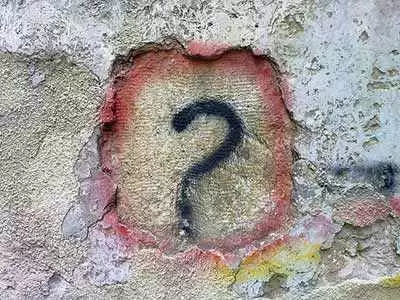Celiac.com 11/11/2015 - If you ask me, it doesn't seem that far-fetched that some people who do not have celiac disease could still have adverse reactions to gluten. However, actually proving that scientifically continues to be challenging.
 Take the case of the research team that recently conducted a double-blind, placebo-controlled, cross-over, gluten-challenge trial of patients with suspected non-celiac gluten sensitivity. The team wanted to try to get an idea of the number of self-diagnosed patients with non-celiac gluten sensitivity.
Take the case of the research team that recently conducted a double-blind, placebo-controlled, cross-over, gluten-challenge trial of patients with suspected non-celiac gluten sensitivity. The team wanted to try to get an idea of the number of self-diagnosed patients with non-celiac gluten sensitivity.
Celiac.com Sponsor (A12):
The team enrolled 53 women and 8 men referred to two Italian centers between October 2012 and November 2013 for suspected non-celiac gluten sensitivity. The subjects were randomly assigned to receive 4.375-g gluten or rice starch per day via gastro-soluble capsules for 1 week after a 1-week run-in period, and followed by a 1-week washout period and cross-over to the other group.
The team chose rice starch as the placebo because it is "the most readily absorbable of the complex carbohydrates, and thus less fermentable, in the intestinal tract." They used a daily questionnaire to chart any changes in overall symptom scores, and conducted analysis with a per-protocol approach. A total of 59 patients completed the trial, while two withdrew due to "intolerable symptoms."
Overall, one week of gluten consumption increased overall symptom severity compared with one week of placebo (P = .034), including abdominal bloating (P = .04), abdominal pain (P = .047), foggy mind (P = .019), depression (P = .02) and aphthous stomatitis (P = .025).
Perplexingly, the team found that "most patients showed approximately equal degrees of overall symptoms with either gluten or placebo, although overall symptoms were worsened significantly by gluten in comparison with placebo."
Got that? Significant numbers of the subjects reacted to the placebo.
The short conclusion is that these results "do not represent crucial evidence in favor of the existence of this new syndrome." However, and it's a big however, the results aren't quite as clear as they might appear.
In an accompanying editorial, Benjamin Lebwohl, MD, from the Celiac Disease Center at Columbia University, and Daniel A. Leffler, MD, MS, from Beth Israel Deaconess Medical Center write:
The "overall positive result was driven by a minority of patients, whereas the rest had no (or at most a modest) worsening compared with placebo."
They add that:
"These findings can be a Rorschach test of sorts, in which the viewer draws interpretations that are based on his or her prior beliefs about NCGS. … It is therefore not surprising that this trial, like its predecessors, seems only to contribute to the uncertainty about NCGS."
So, basically, there's no clear word on the existence or non-existence of non-celiac gluten sensitivity, or on the number of people who might suffer from it.
Stay tuned for more studies, and more information as researchers attempt to sort it all out.
Source:
- Open Original Shared Link




Recommended Comments